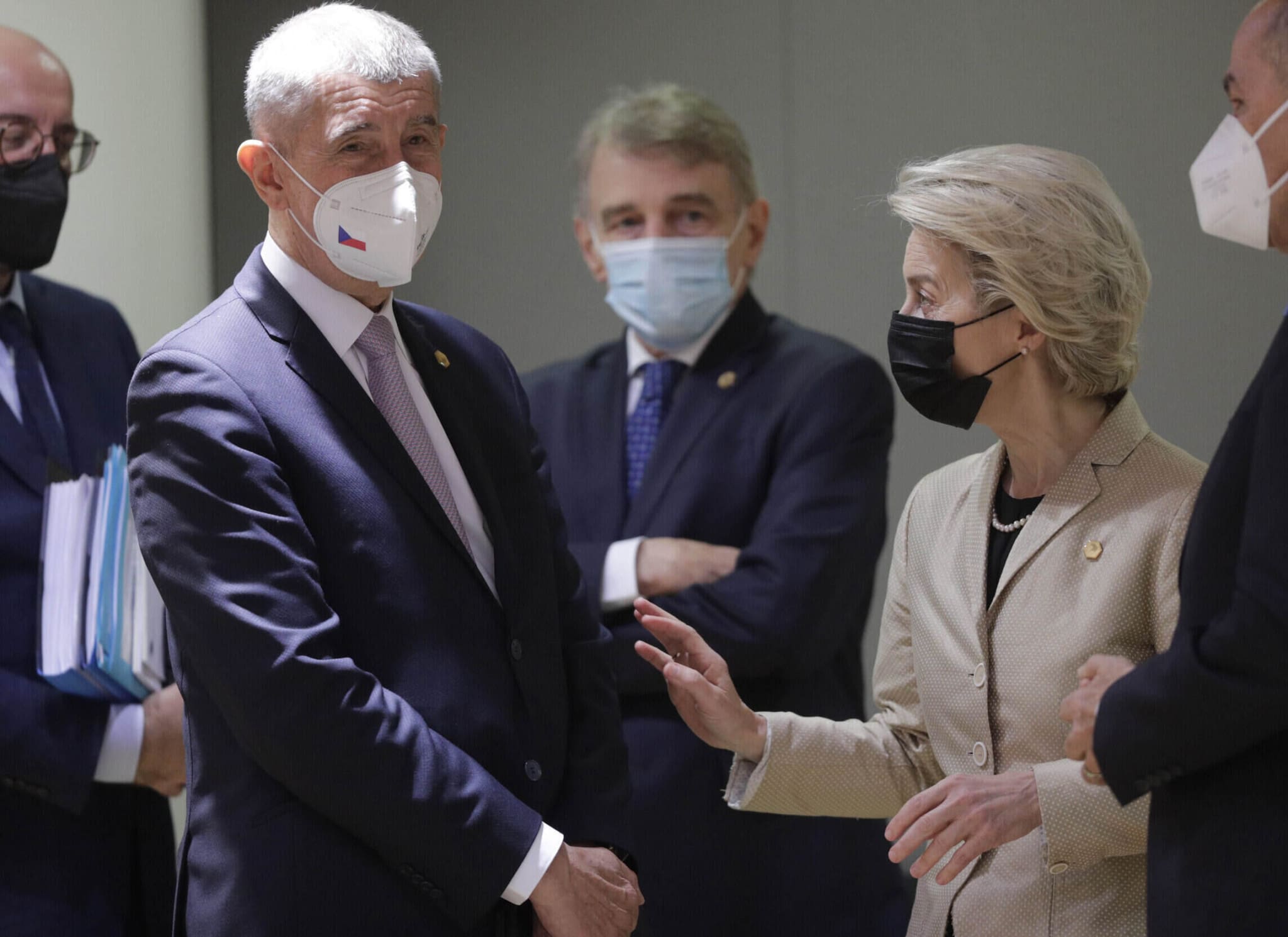Even though former Czech Prime Minister Andrej Babiš left his post as the head of the government, the Czech Republic must work on eliminating systemic shortcomings regarding the issue of conflicts of interest to be entitled to money from the European Union’s recovery fund, according to a spokeswoman for the European Commission.
At the same time, the European Commission does not intend to disburse money from the structural funds to companies from the Agrofert holding, founded by Babiš, for the period when Babiš was prime minister.
According to the Commission’s audit findings published this year, Babiš was in a conflict of interest over his control over Agrofert, which he put in trust funds when entering politics. At the same time, as prime minister, he participated in decisions on the distribution of EU subsidies. Although last Friday, Babiš was replaced in the prime minister’s chair by Petr Fiala, the Commission stated that Agrofert still could not claim the reimbursement of subsidies approved by the Czech authorities before Babiš left the post.
“Subsidies approved during this period continue to be subject to measures related to these rules,” a spokeswoman for the EU executive told Czech News Agency.
Meanwhile, the communication between the Commission and the Czech authorities continues following the mentioned audit. According to the latest letter from the Commission, Czechia has already rectified most of the shortcomings, but the management and control systems for deciding on subsidies must be improved.
The Czech authorities should send a reply to Brussels during the winter with information about their next steps.
The Commission also linked similar conditions with the recovery fund, from which Czechia can obtain up to 180 billion korunas (€7.2 billion). This year, the first 23 billion korunas (€916.5 million) came to Czechia as part of pre-financing. If the country improves its systemic approach to conflicts of interest, including identifying real business owners, it may receive additional money.
“These measures must be taken by mid-2022 before Czechia requests a proper payment,” the spokeswoman added.






